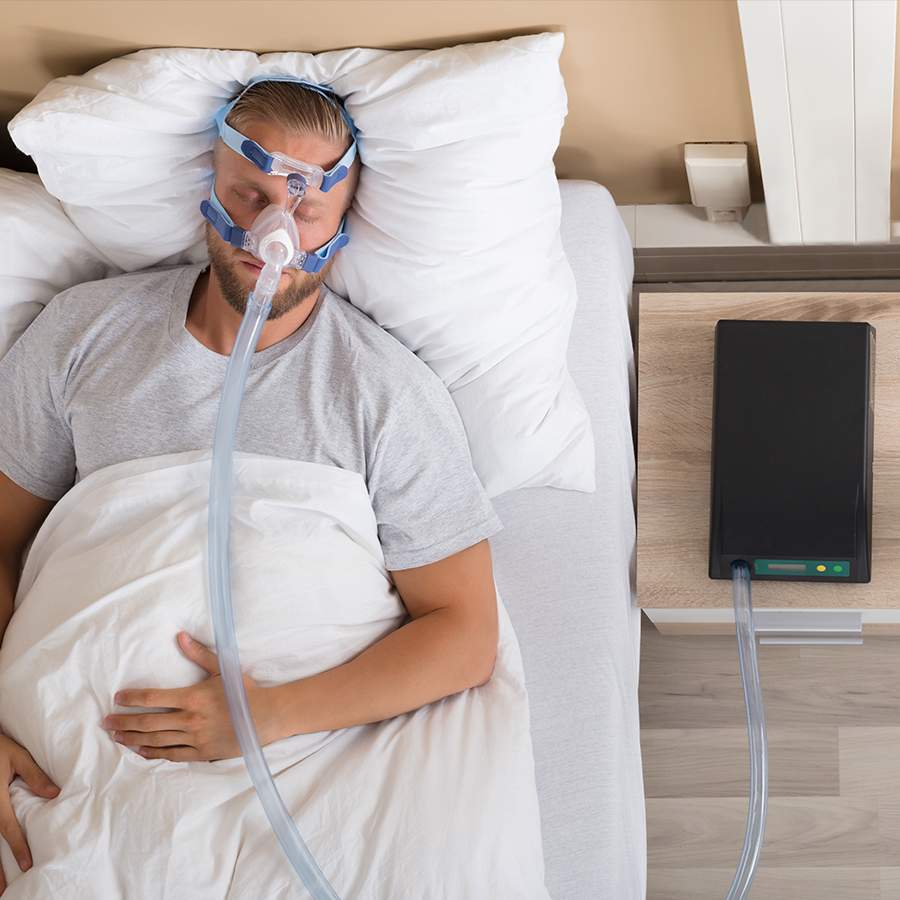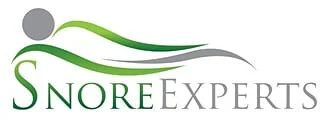Latest Posts
Common Reasons for CPAP Intolerance
Treating Sleep Apnea with Custom Oral Appliances
Common Warning Signs of Obstructive Sleep Apnea
Simple and Effective: NightLase Laser Snoring Therapy
What Is The Best Sleep Position For People With Sleep Apnea?
Archives
September 2020
July 2019
June 2019
May 2019
April 2019
February 2019
December 2018
September 2018
July 2018
May 2018
April 2018
March 2018
February 2018
January 2018
November 2017
October 2017
September 2017
August 2017
July 2017
June 2017
May 2017
February 2017
January 2017
December 2016
September 2016
August 2016
April 2016
March 2016
February 2016
January 2016
December 2015
November 2015
April 2014
March 2014
February 2014
January 2014
The Benefits Of Home Sleep Studies Over In Lab Studies
When people suffer from obstructive sleep apnea, they generally need to have a sleep study performed to diagnose the disorder properly. There are two possible tests available to determine a diagnosis, which is, an attended polysomnogram or in-lab studies and an unattended home sleep test.
What Are The In-Lab And Home Sleep Studies?
In-lab studies are conducted in a sleep lab under the supervision of a registered polysomnographic sleep technologist. It can diagnose up to 80 sleep disorders by using a variety of equipment that monitors brain activity, eye movements, respiratory effort, blood oxygen saturation, heart rate, body movements, and more.
Patients undergoing the test are made to feel as comfortable as possible, while the sleep specialist observes your normal nighttime routine.
Home sleep studies are used only in the diagnosis of sleep apnea and are performed by the patients themselves. After a brief tutorial, patients will bring home their equipment to use overnight.
The equipment is straightforward and easy to use. Some of the home sleep tests can also capture breathing movement and body positions. Before the trial, the patient will receive training on how to use the equipment.
The equipment is minimal and it usually includes a nasal sensor, a band that goes around the chest, and a finger clip. When the patient is ready to sleep, the device is turned and the patient falls asleep as usual. After the test, the equipment is returned to the technician for analysis.
This equipment has become a popular way of monitoring sleep in order to receive an accurate diagnosis of obstructive sleep apnea.
What Are The Benefits Of In-Home Sleep Studies?
1. Recommended for High-Risk Obstructive Apnea Patients
People who are found to be at high risk for sleep apnea based on their medical history, family history, and a physical evaluation are ideal candidates for In-home sleep studies. Signs to look for in high-risk patients include the patient’s BMI, neck size, age, craniofacial anatomy, and upper airway evaluation. At home sleep studies is specifically designed to determine the seriousness of sleep apnea, not just the existence of it.
2. Comfort and Convenience
When patients take the test in their own homes, it allows them to sleep in a familiar, comfortable environment. Patients will receive training from the specialist providing the equipment, and they can administer the test themselves. Generally, they can go to sleep at their regular bedtime and wake up as usual. If they have to get up throughout the night, they can keep the device on.
3. Accessibility
In-home sleep studies are convenient because you do not have to spend the night in a lab. This is especially advantageous to anyone who doesn’t live or work close to the facility providing the treatment. Home testing is also more accessible to patients who are home-bound, such as the elderly or those with illnesses.
4. Cost
Home testing is 1/4th the cost of testing in a lab and it is most likely to be covered by insurance. Home sleep studies have proven to be a more effective approach to dealing with obstructive sleep apnea.
Contact Our Office
In-home sleep studies are perfect for getting a proper sleep analysis without having to rearrange your schedule by sleeping in a dedicated facility. If you’re interested in learning more about the options available to you, contact The Snore Experts to schedule your consultation today!
Posted by jason on Apr 10th, 2019 3:09 pm
Filed under General. You can follow any responses to this entry through the RSS 2.0 feed. Both comments and pings are currently closed.
Comments are closed.
Snore Experts Inc
The Benefits Of Home Sleep Studies Over In Lab Studies

CPAP/APAP
HOW DO I USE A CPAP?
Positive Airway Pressure (PAP) is considered by many the gold standard for the treatment of sleep apnea, especially for very severe cases. The CPAP and APAP machines are designed to increase air pressure going through the throat. This prevents the airway from collapsing during inhalation. At Snore Experts, we have helped countless patients get a good night’s rest using CPAP treatments to treat their sleep apnea. The goal of positive airway pressure is to keep the airway from collapsing using air pressure.
